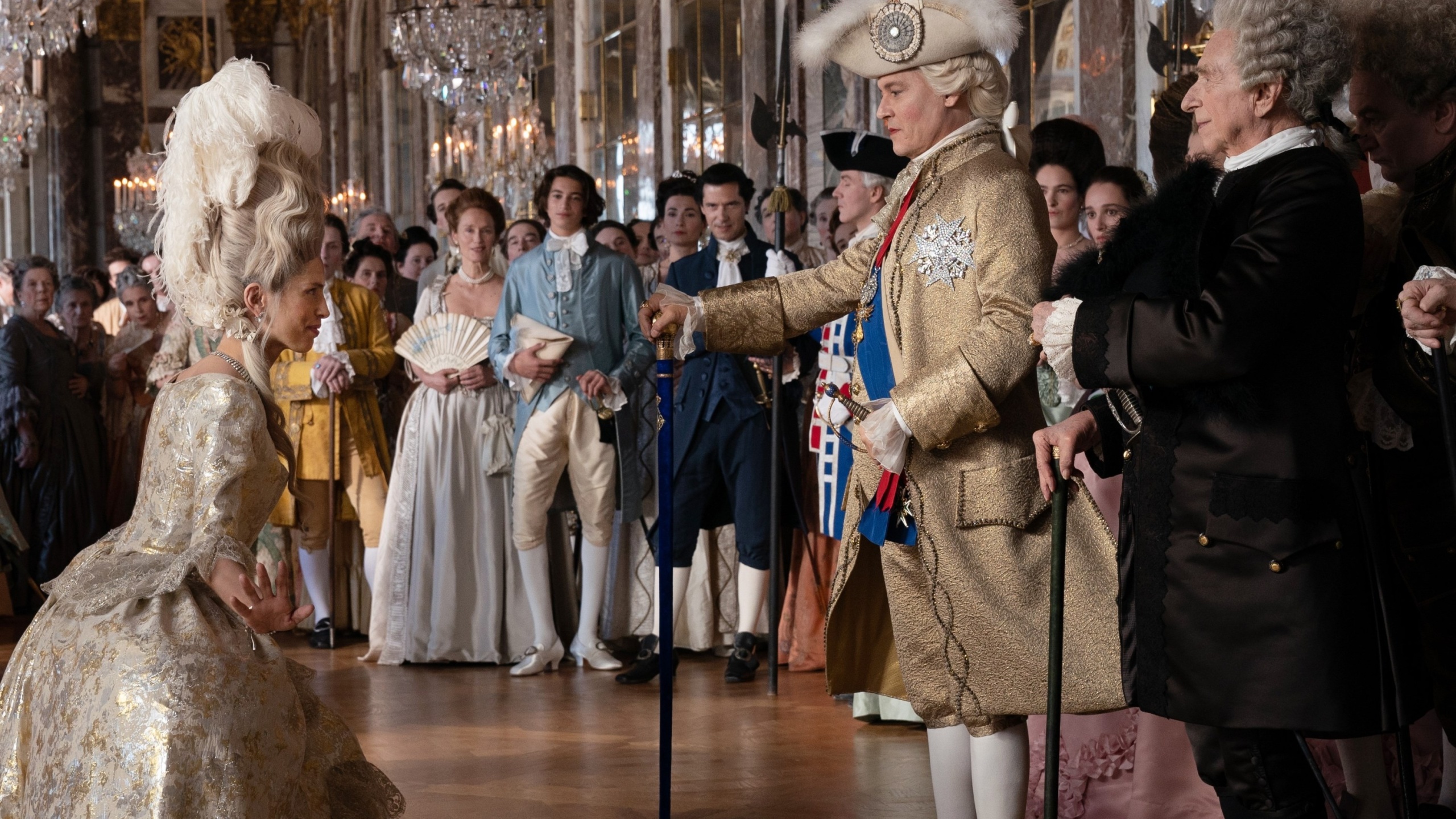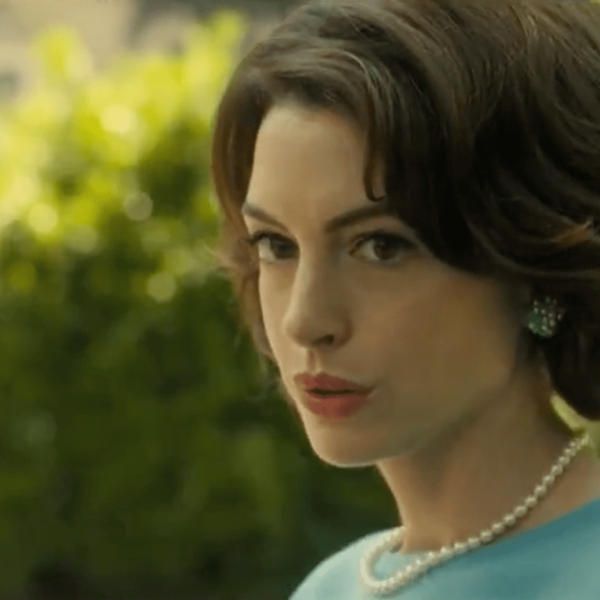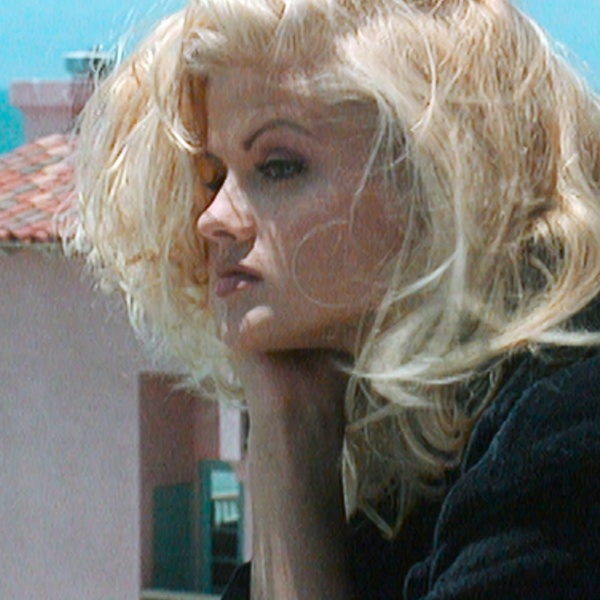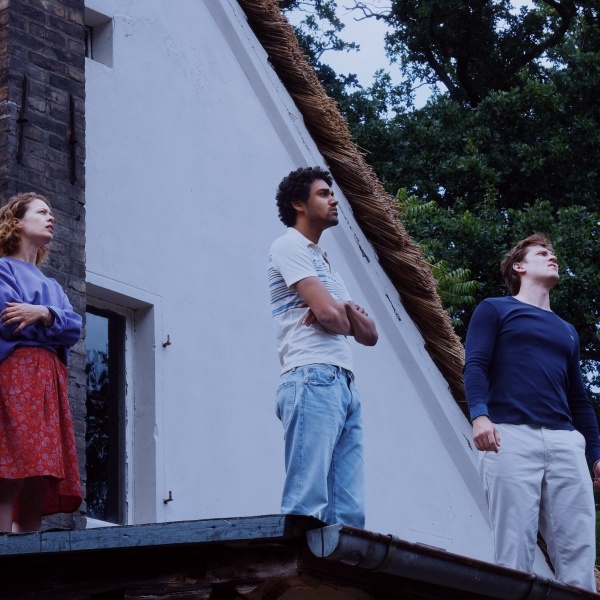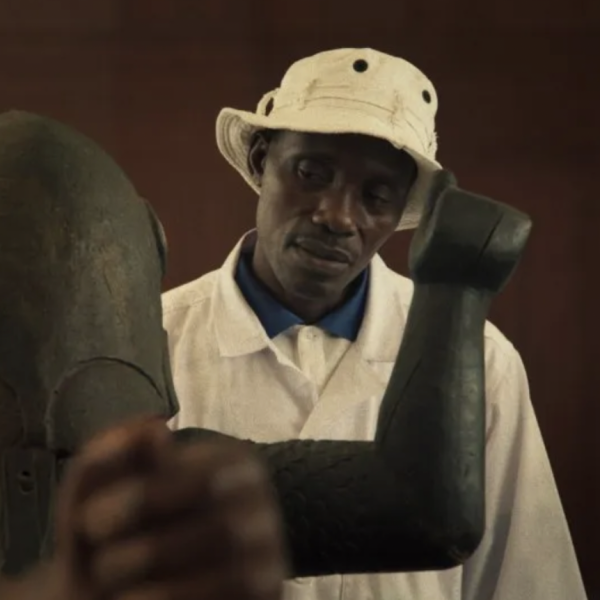Zeroing in on a glamorous notable from this or that royal court, and using them a kind of mannequin over which to drape lofty themes and embellishments, “Jeanne du Barry” is a perfectly serviceable entry in a genre born of the stage and perfected by Old Hollywood: the star showcase. That the icon in the spotlight is writer-director-lead actor Maïwenn, and not her American co-star Johnny Depp, should come as a relief to some, a crushing disappointment to others, and surprise to absolutely no one. Just look at the film’s title.
Or, look to the auteur behind this year’s Cannes Film Festival opener. For those whose familiarity with the diva ends at the blue makeup she wore in Luc Besson’s “The Fifth Element,” the French director has cut her teeth with films that hew to volatile rhythms, “actorly” features that push high-decibel disputes all the way to 11 and that (almost always) find an on-screen anchor in the figure of Maïwenn herself. To call the style “self-infatuated” is less a criticism than a simple statement of fact. The auteur promises director and muse wrapped in one, with a voice louder and angrier than that of anyone else; when not on screen, all the other characters tend to ask, Where’s Maïwenn?
With “Jeanne du Barry,” she has finally accessed her time machine. Opening up a gilded window onto Versailles under the Ancien Régime, the costume epic offers no shortage of luxury and no lack of visual delights, often reveling in the ostentatious displays of French monarchical power as it tracks a familiar tale of rags-to-riches-to-rags again in the court of Louis XV.
Responding to the stately surroundings, Maïwenn’s previously frenetic camera slows down in turn, covering much of the action in elegant, wide compositions filled with soft light. With such a painterly visual scheme and with small drops of ever-so-wry voiceover, the film eagerly welcomes comparisons to a certain Kubrick classic, particularly in an opening chapter that tracks by what means the lowborn Jeanne Vaubernier acquired the style and title of Jeanne du Barry.
Those means, of course, are carnal, though as we follow the courtesan’s professional rise, we never linger in the boudoir nor dwell on the tawdrier aspects of the plot. As spun by Maïwenn and co-writers Teddy Lussi-Modeste and Nicolas Livecchi, the script casts Jeanne as a thoroughly modern mistress carving her way across a storybook world to improve her lot in life. A business union with the Comte du Barry (Melvil Poupaud) — essentially a glorified pimp — puts Jeanne in contact with the king’s valet, La Borde (Benjamin Lavernhe). Like a wigged-and-cosseted Henry Higgins, the palace valet schools our fair lady in pomp and circumstance, ushering her through the halls of mirrors and into the king’s bedchamber, while Jeanne plays audience surrogate.
And boy, what a surrogate she plays, building towards a giddy peak as Jeanne observes the king’s dressing ceremony from behind a one-way-mirror. In a delightful and cannily directed sequence, Maïwenn both crystalizes the underlying appeal of the palace genre and finds its most potent expression. Which is to say, the filmmaker recognizes that we flock to such pageantry to both revel and take the piss, and that the two reactions are mutually necessary for the whole shebang to work. Like your Twitter feed for the Oscars or a friend on the couch during the recent coronation, Jeanne acts as on-screen confidante and release valve, letting out the air in the stuffiest room you ever did see with barely stifled laughter, while from behind the camera, director Maïwenn orchestrates an ornate opera of courtiers with gravity-defying pompadours.
Meeting eyes with her lover from the night before, Jeanne uses that moment to solidify her bond with Louis XV, played, of course, by Johnny Depp. Though performing wholly in French and given ample screen time, the American star leaves a strangely scant impression, offering a dim and muted turn that plays off his wider reputation in often fascinating ways.
Introduced as the object of Jeanne’s gaze, and almost never seen without new mistress by his side, Louis is less subject than object, a conquest for the courtesan and a high-value get — bargained at a no-doubt cut-rate price due to extenuating circumstances — that affords the French production an additional bit of luster. For Louis is a man long gone to seed, a one-time sun king whose glow has dimmed in luxury and indulgence, but whose name — and power that still holds — endures; and if the two performers never quite kindle a spark, their narrative (and metatextual) liaison never does strain credulity.

Still, for all those self-aware touches and inspired casting winks, “Jeanne du Barry” runs out of steam awfully fast. While hewing to a historically accurate speed-run through Louis XV’s final years from his mistress’ perch, the narrative has little ground to cover once that commoner flame asserts her position at court. Rather than ratcheting tension with a third act reversal, the late arrival Marie-Antoinette (Pauline Pollmann) lays bare the hard limits of keeping Jeanne our sole center of gravity.
Though both consorts would later meet sudden and similar ends in a revolution percolating imperceptibly off-screen, the film resists any and all impulse for larger thematic echoes. Like every other character, the new dauphine offers Jeanne an admirer and a thwart, but never an equal, barely a scene partner, and at no point an opportunity to enrich the biographical narrative “Jeanne du Barry” is ostensibly trying to honor.
More frustrating than a misfire, “Jeanne du Barry” suffers instead from near total myopia, roaring to life with wit and ingenuity when the constellations align and the lead’s star can shine, and dwindling before the risk of any possible eclipse. The film burns hot and bright — and quickly flames out.
Grade: B-
“Jeanne du Barry” premiered at the 2023 Cannes Film Festival. It is currently seeking U.S. distribution.
